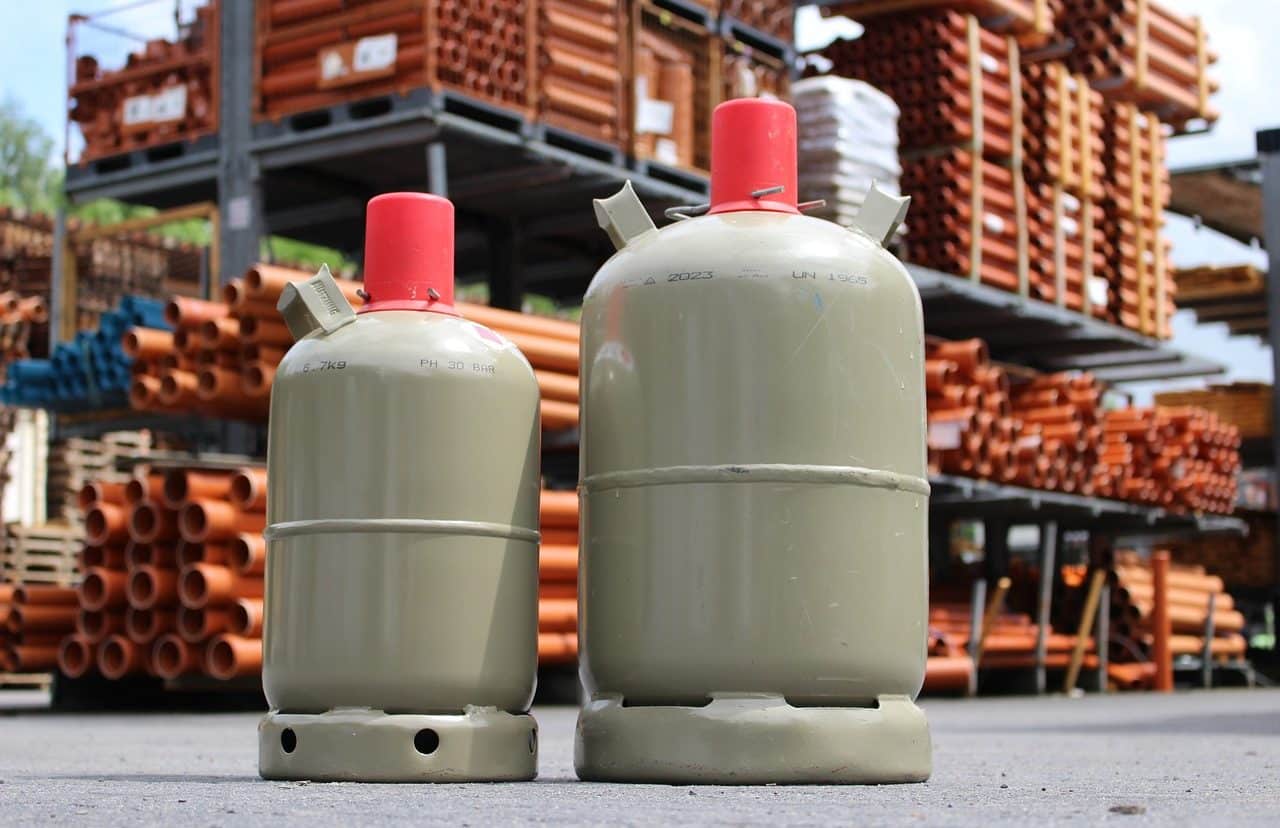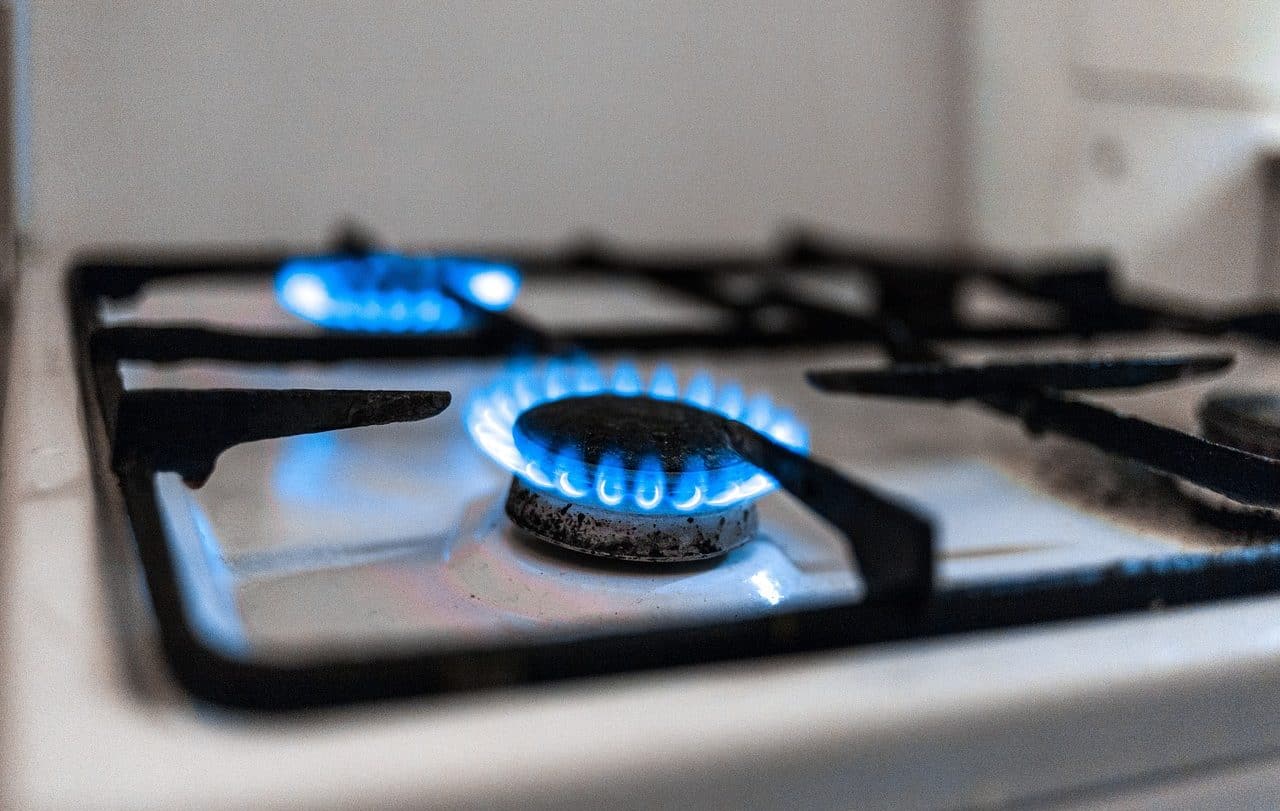
Propane is a colorless, odorless gas.
Discovery of propane
Odorless and colorless, propane was discovered in 1910 as part of the volatile substances present in gasoline . Various scientists then began to work on processes to liquefy the gas and convert it into a useful fuel that could be marketed.
Propane can be obtained from different petrochemical processes or even from natural gas . Propane is explosive under certain conditions and in contact with certain substances, so its production, marketing and use must be carried out with great caution.
Its uses
In addition to all of the above, we cannot forget the fact that propane is frequently used in the following areas:
- Inside the home it is used for heating, cooking food and obtaining hot water.
- At a business level, it is in high demand for greenhouses, raising animals on farms and even in tourist facilities such as hotels.
When used as fuel, propane should generate a completely blue flame. If the flame turns red, orange or yellow, it is a symptom of poor combustion and therefore dangerous.
Inhaling propane can cause drowsiness to loss of consciousness . If the gas is in a liquid state, it can cause frostbite on the skin. In both cases, medical attention is needed to avoid further damage to health .

Propane is often used in cooking.
Propane vs. butane
In many homes around the world, propane is used as fuel not only to heat rooms using different devices but also to make kitchens work. However, it has a tough competitor, butane , which also performs the same tasks.
In that case, users have a question: is butane or propane better? In that case, to get a clear and forceful answer, what must be taken into consideration are the aspects against and in favor of each one:
- Butane offers greater autonomy in the same bottle, since it weighs less and, therefore, more quantities can be loaded in an identical propane container.
- The cylinders in which butane is sold are lighter, making them easier to handle and transport.
- Propane, for its part, has the advantage of the fact that it offers a power that butane cannot reach. Hence, the use of propane is essential for certain appliances to function properly.
- It should not be overlooked either that the installation required by a butane system is much simpler and cheaper than that of propane.
It should be noted, however, that propane is usually combined with butane. It can also be used in aerosols or for cooling various industrial equipment.
